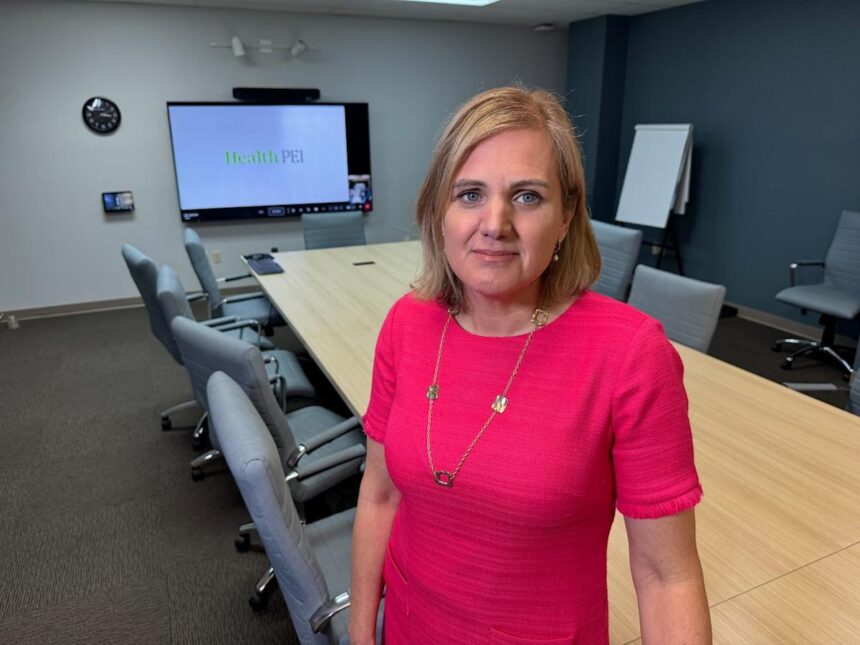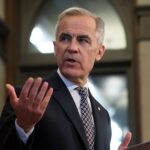In a swift response to mounting public concern, Health PEI officials have categorically denied implementing a controversial quota system that would limit the number of patients family physicians can see daily. The allegations, which spread rapidly across social media platforms this week, suggested doctors were being restricted to seeing just 18 patients per day—a claim that has sparked significant anxiety among Island residents already struggling with healthcare access.
“There is absolutely no quota imposed on family physicians regarding the number of patients they can see daily,” stated Dr. Michael Gardam, CEO of Health PEI, during an emergency press conference Thursday. “These rumors are not only false but potentially damaging to public trust in our healthcare system at a time when we’re working diligently to improve access for all Islanders.”
The controversy erupted after screenshots of what appeared to be internal Health PEI communications began circulating online, suggesting the implementation of patient caps aimed at reducing physician burnout. According to Health PEI, approximately 27,000 Islanders—nearly 16% of the province’s population—currently lack access to a family doctor, making any potential restriction on patient visits particularly concerning for vulnerable communities.
Premier Dennis King addressed the situation during question period in the provincial legislature, emphasizing his government’s commitment to healthcare improvement rather than restriction. “Our focus remains on recruiting more healthcare professionals and expanding services, not limiting them,” King stated. “The suggestion that we would implement policies that further restrict access runs contrary to everything we’re working toward.”
Health critics, however, point to ongoing systemic issues within the province’s healthcare delivery model. Opposition health critic Michele Beaton questioned whether the misunderstanding stemmed from informal discussions about physician workload management that may have been misinterpreted.
“While there may not be an official quota, we need to understand if there are internal pressures or guidance being given to physicians that could inadvertently restrict patient access,” Beaton noted in comments to CO24 News.
Dr. Ann Collins, former president of the Canadian Medical Association and healthcare consultant, explained that while patient quotas are rare in Canadian healthcare, workload management strategies are becoming increasingly common as physician burnout reaches crisis levels across the country.
“The average family physician in Canada faces an unsustainable workload,” Collins told CO24. “Many are seeing 30-40 patients daily while handling mounting administrative duties. Finding balance is essential, but arbitrary caps are typically not the solution most provinces pursue.”
The Medical Society of PEI has issued a statement clarifying that while they advocate for sustainable physician workloads, they have not requested nor would they support rigid daily patient quotas. Instead, they’ve called for comprehensive primary care reform that addresses root causes of system inefficiency.
For Charlottetown resident Sarah MacLean, who has been on the province’s patient registry for over three years, the controversy highlighted deeper anxieties. “Even the rumor of doctors being limited sent me into a panic,” she admitted. “When you don’t have a family doctor, you’re constantly worried about getting care when you need it.”
Health PEI officials have promised greater transparency regarding healthcare delivery policies moving forward and plan to launch a public information campaign addressing common misconceptions about the provincial healthcare system.
As Canada continues to grapple with healthcare accessibility challenges, what responsibility do social media users bear in verifying health system information before sharing it, particularly when misinformation can impact public trust in essential services?










